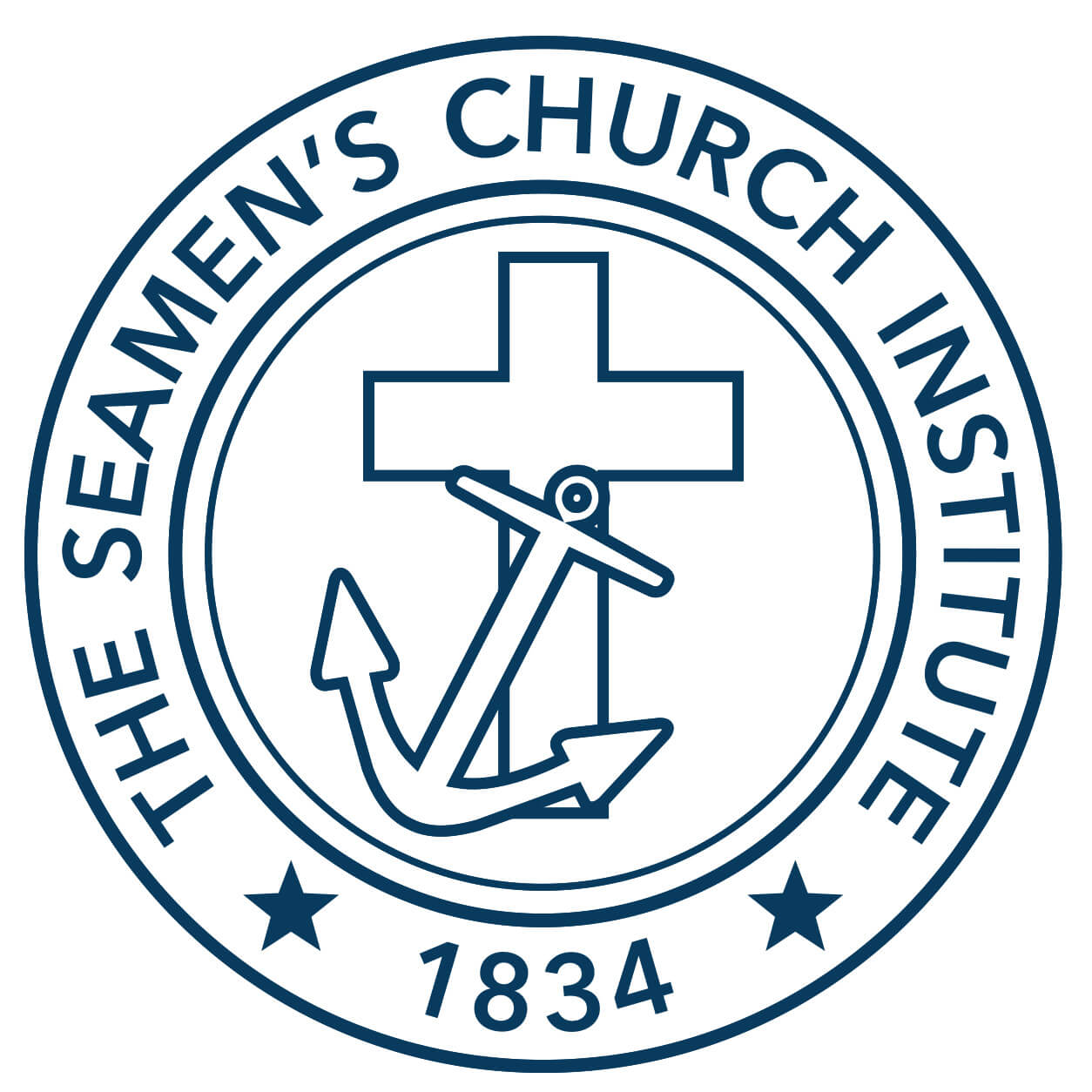CRISIS READY

• Supporting Mariners in the Wake of Tragedy

By the Rev. Geoffrey Davis, SCI Chaplain
From The Lookout, Spring 2025
Rapid response is at the heart of the Ministry on the River (MOR). In a fast-paced maritime industry where time is often in short supply, being immediately available to mariners in moments of crisis is both essential and rare. On Thursday, January 30, 2025, I was carrying out my usual duties as Chaplain on the Lower Mississippi River when I received an unexpected call from a human resources representative at City Cruises. The message was urgent—several vessels had been mobilized for recovery efforts following the tragic plane crash in Washington, DC, and they needed a chaplain with crisis response experience. They asked if I could go.
As a Seamen’s Church Institute Chaplain, I am always prepared to deploy in crisis situations. I immediately began looking for travel options and secured the earliest available flight the next morning, on January 31. By midday, I had arrived and made myself available to support the crews involved in the recovery effort on the Potomac River.
MOR Chaplains are uniquely equipped to serve inland river mariners and understand the nuances of these working environments. Unlike ocean-going ports, inland facilities vary widely in their access requirements and operational rhythms. Thanks to our experience navigating this dynamic system, MOR Chaplains can respond to calls for support at a moment’s notice—even in unfamiliar ports. Though I had previously visited Washington, DC, I had never been to its harbor. Still, I was able to quickly connect with mariners and shore staff, offering pastoral care, practical support, and a listening ear to those impacted by the unfolding recovery operations.

As I walked from my hotel to the harbor, the weight of the situation was palpable. The atmosphere was heavy with emotion, and it was clear that the community was still reeling. One of the most important lessons I’ve learned through my crisis response training is that individuals affected by traumatic events often minimize their own experiences. Many cope by comparing their situation to that of others who seem more severely impacted. While this is a common and understandable reaction, it can delay emotional processing, leading to more intense reactions later on.
When speaking with mariners and crew, I always encourage them not to dismiss or diminish what they’re feeling. Instead, I urge them to take the time to acknowledge and explore their emotions. Seeking support early and sharing their struggles can make all the difference in preventing long-term harm. Mariners are incredibly resilient and are used to working in tough, high-pressure conditions. But being thrust into a major crisis—especially as an unofficial first responder—is a different kind of stress, one that can have profound emotional effects if not properly addressed.
Unlike trained emergency personnel, mariners aren’t typically prepared for the psychological weight of recovery operations. Without a safe space to process their experiences, they may carry unresolved trauma that can impact their relationships, performance, and overall well-being.
That’s where SCI’s MOR Chaplains step in. Our role is to offer immediate, compassionate support during crisis events and guide mariners through the emotional challenges that follow. Whether it’s a quiet conversation, a moment of prayer, or simply a reminder that they’re not alone, we provide the care they need to begin the healing process.
Being present in DC during this difficult time reaffirmed the vital role our Chaplains play in the maritime industry. I was glad to be there—to stand with these mariners, to hear their stories, and to be a source of stability during such difficult work. As always, my Chaplain colleagues and I remain committed to ensuring that those who work on our oceans, rivers, and coastal waterways are not forgotten, especially in times of great need.
